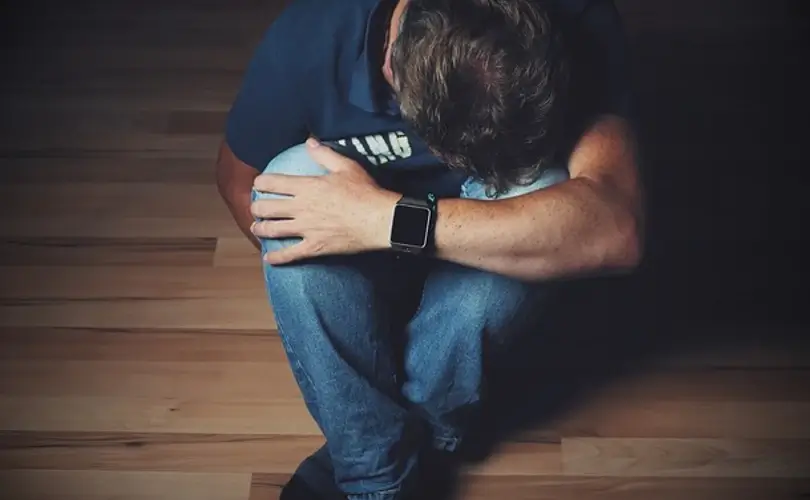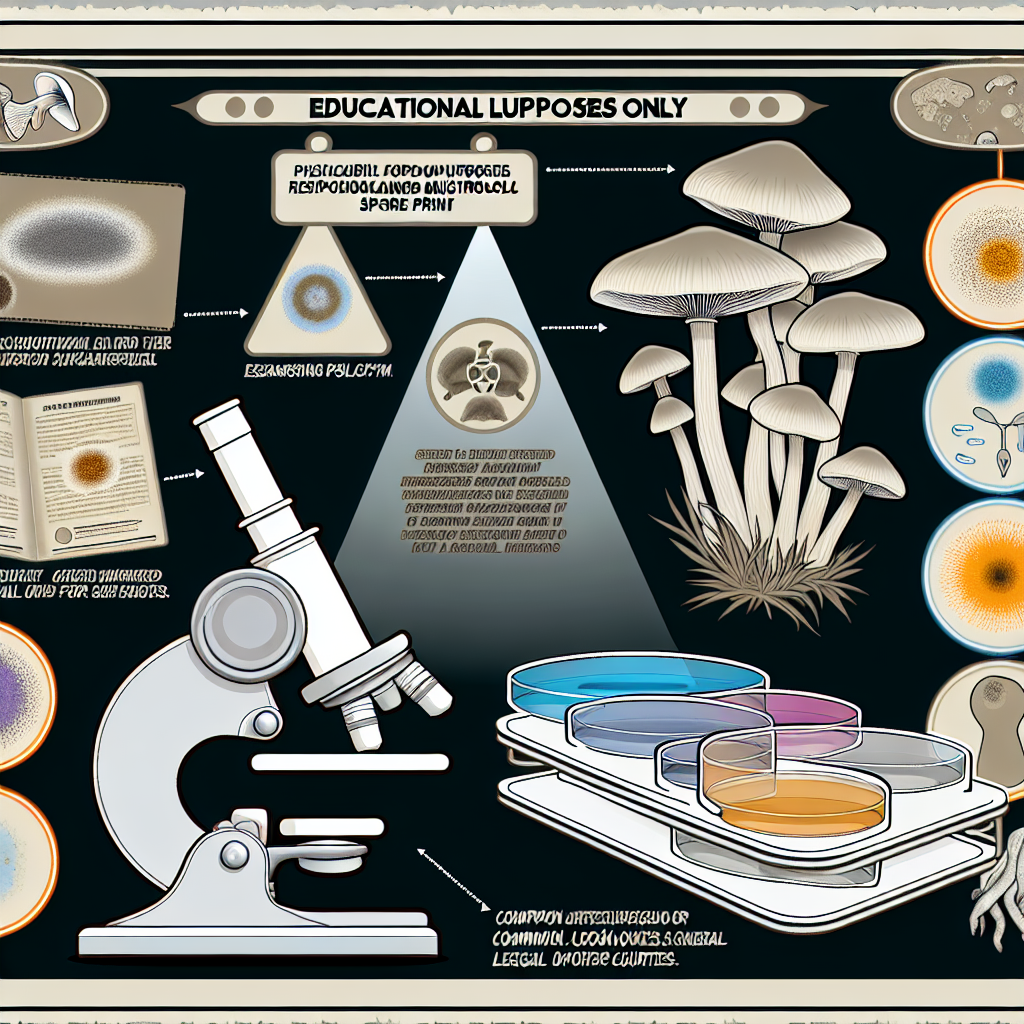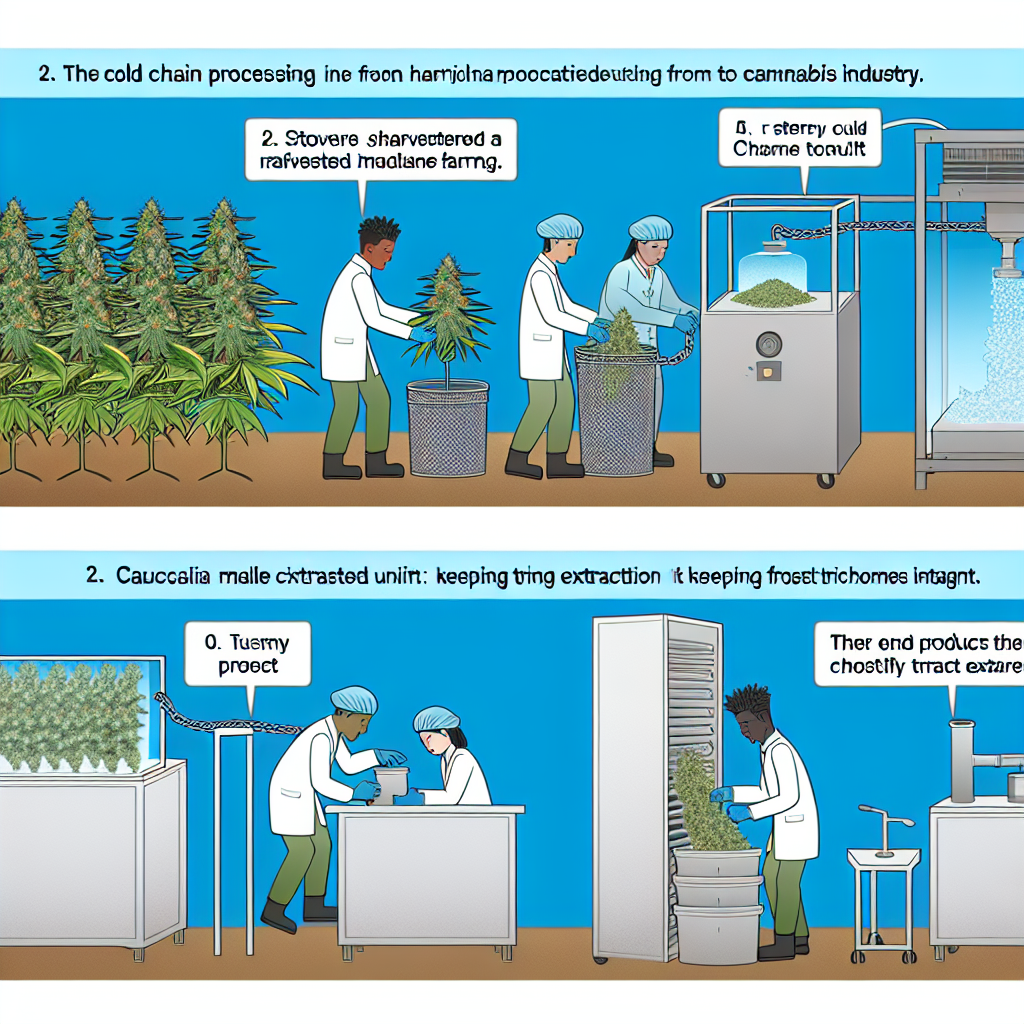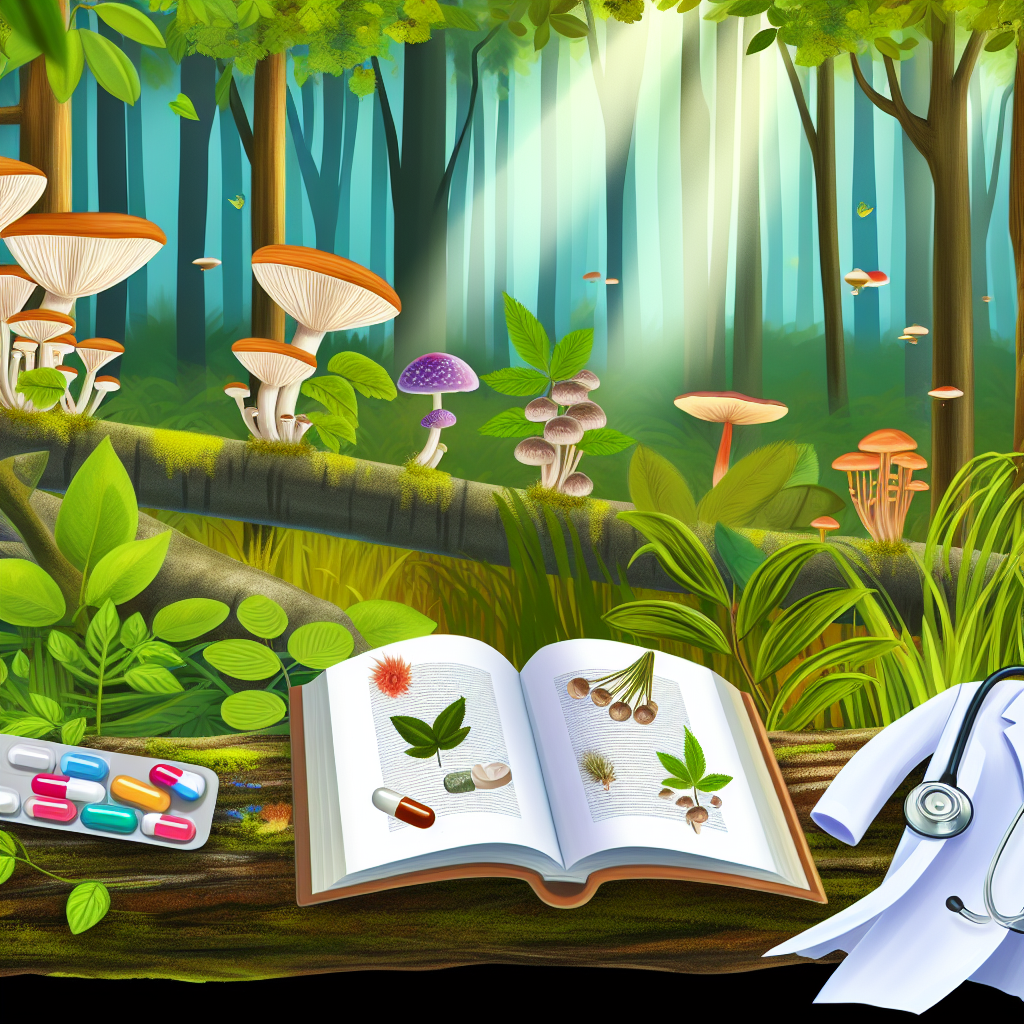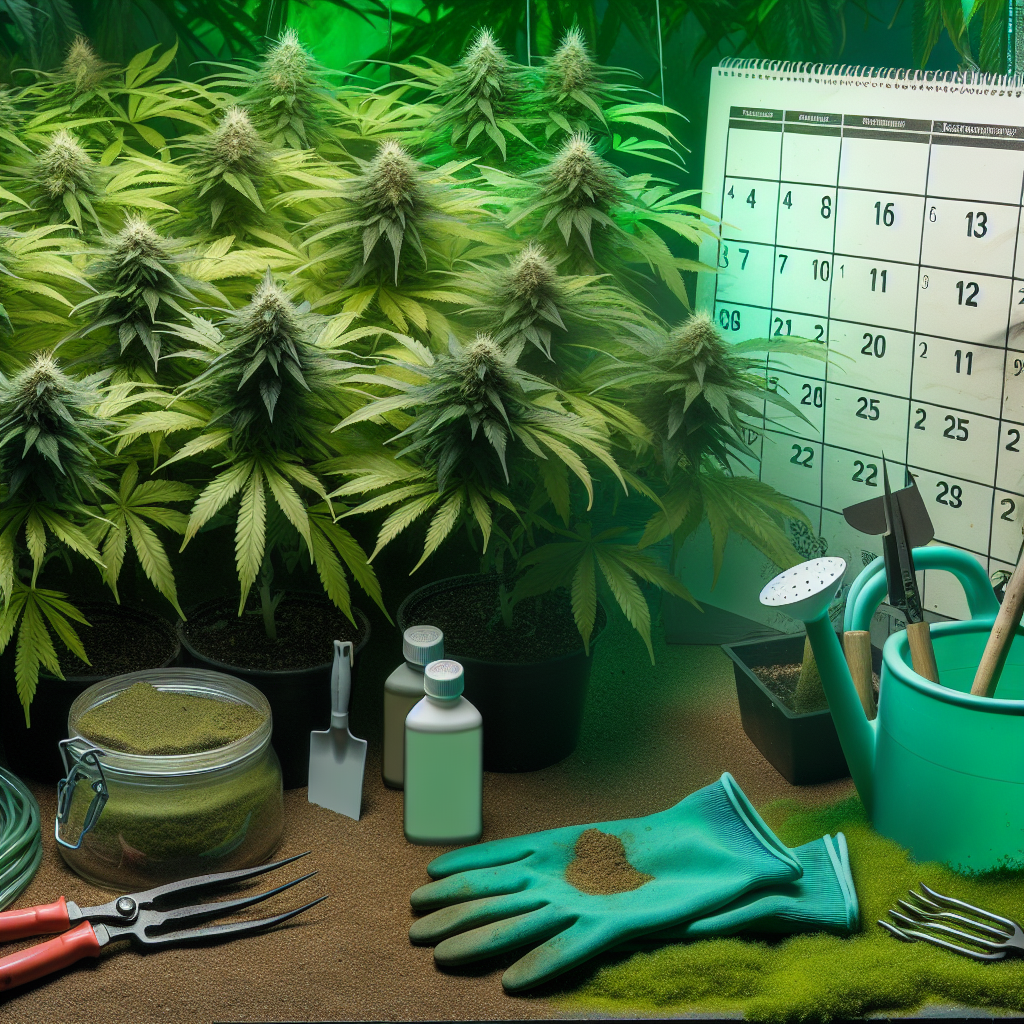Marijuana, sometimes referred to as cannabis, is a plant that has been utilized for thousands of years due to the psychotropic and therapeutic effects it possesses. In recent years, there has been a growing corpus of studies on the possible advantages of marijuana for treating anxiety and depression. Some of these studies have been published in peer-reviewed medical journals.
Concern or Worry
One way to recognize anxiety, a common mental health issue, is when a person exhibits worrisome, anxious, or scared thoughts and feelings.
Stress, traumatic experiences, and even physical issues can all play a role in developing this illness.
There is some evidence to suggest that marijuana may help alleviate the symptoms of anxiety. Research that was conducted in 2015 discovered that people who used marijuana to treat their anxiety reported seeing a considerable reduction in their symptoms. It is essential to point out, however, that the sample size of this study was small and that more investigation is required to validate these results.
Depressive State
Feelings of sorrow, despair, and worthlessness characterize a mood condition known as depression. Depression is a mood disorder. A wide range of circumstances, including heredity, medical issues, and experiences in one’s life, can all play a role in its development.
There is some evidence to suggest that marijuana may help treat clinical depression. According to the findings of a study conducted in 2017, patients suffering from depression who smoked marijuana reported a considerable reduction in the severity of their symptoms. It is essential to point out, however, that the sample size of this study was small and that more investigation is required to validate these results.
How exactly can medical marijuana help those who suffer from anxiety and depression?
Even though the exact mechanism by which marijuana reduces the signs and symptoms of sorrow and anxiety is not fully understood, studies have demonstrated that it can. On the other hand, it is hypothesized that the plant’s active chemicals, namely THC and CBD, could interact with the endocannabinoid system in the brain. This system is involved in the regulation of mood as well as pain, as well as other functions.
THC, a substance in marijuana plants, gives the drug euphoric effects. THC’s capacity to reduce anxiety symptoms may be due to increased levels of certain neurotransmitters in the brain, such as dopamine and serotonin. CBD, found in marijuana, is another chemical that does not produce intoxicating effects. It is believed that CBD can assist in reducing anxiety by limiting THC’s impact on the brain. Additionally, there is some evidence that CBD might help decrease inflammation, which contributes to anxiety and depression.
Is the use of marijuana in the treatment of anxiety and depression safe?
The efficacy of marijuana in treating anxious feelings and depressive states is currently being researched. On the other hand, there is some evidence that smoking marijuana can have unintended consequences, such as the following:
a heightened sense of unease
A state of paranoia, a feeling of vertigo
Coordination problems as a result.
Problems with one’s memory
Remember that people who regularly consume large amounts of marijuana or those with a family history of mental illness are more likely to experience these adverse effects.
You must consult with a medical professional before beginning treatment with marijuana for any mental health condition, including anxiety, depression, or insomnia. Your primary care physician is in the best position to evaluate your unique risks and provide guidance about whether or not cannabis use is appropriate for you.
The Final Word
Evidence on the potential advantages of marijuana as a treatment for anxiety and depression is still inconsistent. On the other hand, a few preliminary studies show that marijuana may help alleviate the symptoms of the illnesses mentioned above. More research is required to confirm these findings and answer whether marijuana is long-term safe for treating anxiety and depression.
You must consult with a medical professional before beginning treatment with marijuana for any mental health condition, including anxiety, depression, or insomnia. Your primary care physician is in the best position to evaluate your unique risks and provide guidance about whether or not cannabis use is appropriate for you.
